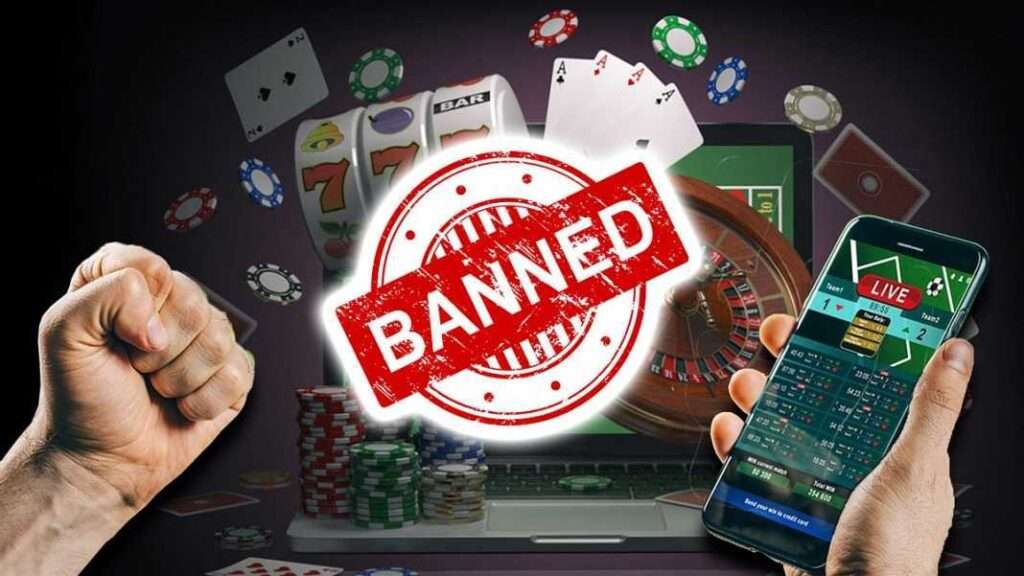New Delhi, May 23 — The Supreme Court of India has formally issued a notice to the Union Government, initiating proceedings on a public interest litigation (PIL) that seeks a comprehensive ban on online betting and gambling applications across the country. The petition, submitted by advocate Nitin Maheshwari, raises pressing concerns about the legal ambiguity and societal harm associated with these platforms.
The three-judge bench, led by Chief Justice D.Y. Chandrachud and comprising Justices J.B. Pardiwala and Manoj Misra, has asked the central government to submit its detailed response within four weeks. The petition specifically targets applications such as Dream11, MPL, and Betway, alleging that these platforms exploit regulatory loopholes by misrepresenting games of chance as games of skill.
Debate Over Skill vs. Chance Intensifies
At the heart of the legal challenge lies the contested categorization of these platforms. While companies argue their games require strategy and fall under “skill-based” activities — which are not prohibited under current gambling laws — the petitioner contends that this argument is misused to bypass legal scrutiny.
The petition underscores the growing impact of such platforms on mental health, financial stability, and youth behavior, noting that states like Telangana and Andhra Pradesh have already imposed restrictions to curb their influence.
“There is a noticeable rise in financial distress, addictive behaviors, and even reports of suicide linked to online betting. These platforms operate with little oversight and leave users vulnerable,” the PIL warns.
Previous Measures and Their Shortcomings
The petition also highlights gaps in the existing regulatory structure. In 2023, the Ministry of Electronics and Information Technology introduced changes to the Information Technology Rules to regulate online gaming intermediaries. The changes required platforms to register with self-regulatory bodies and implement consumer safeguards.
Despite these steps, enforcement remains inconsistent, with several operators continuing to offer betting services without meaningful regulation. The Centre had previously indicated plans to establish a uniform legal framework but progress has been slow, prompting further legal challenges.
Public and Industry Reactions
The Court’s intervention has reignited national debate on the future of digital gaming and betting. While opposition leaders and public interest groups support the petition, advocating for stronger protections against exploitation, industry voices warn that overregulation could hinder innovation in one of India’s fastest-growing digital sectors.
Digital rights groups are also urging a balanced approach. “What we need is smart regulation — not an outright ban, but strong laws that protect users without crushing the industry,” said a spokesperson from a leading internet advocacy group.
Way Forward
With the Supreme Court now seeking formal input from the Union Government, the regulatory direction for India’s online betting and gaming ecosystem could soon become clearer. The Court’s decision may ultimately shape how the country balances innovation, legal accountability, and user safety in the digital space.
As stakeholders await the Centre’s reply, the matter has drawn widespread attention for its potential to influence both public policy and India’s rapidly evolving digital economy.



